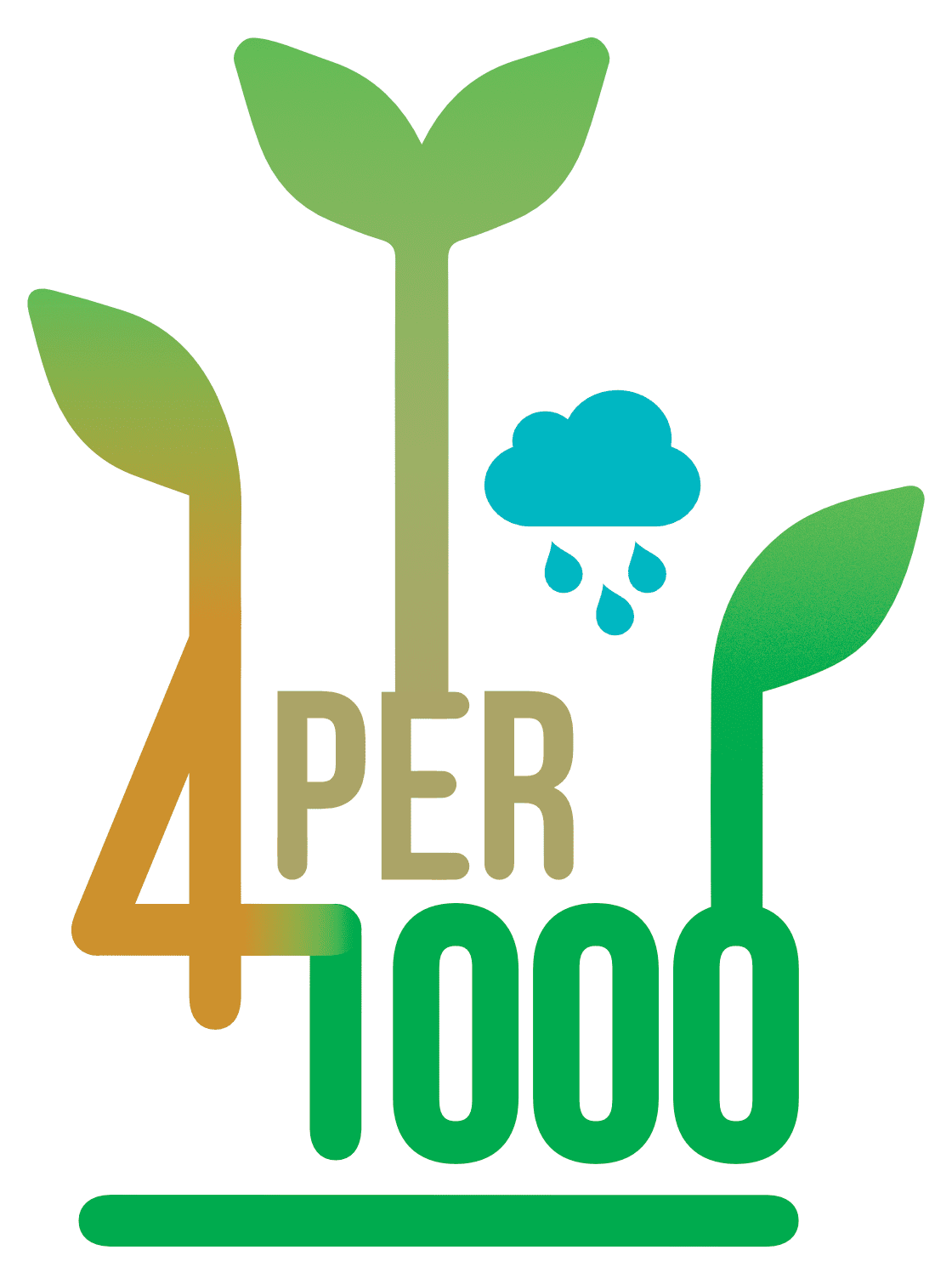In narrow collaboration with Save Soil and SEKEM, two policies brieves were prepared and shared with the three networks for endorsement before the UNFCCC COP 29 in Baku (Azerbaijan) and UNCCD COP 16 in Riyadh (Saoudi Arabia).
‘Securing Our Future: Making Climate Finance Work for Agricultural Soil’
Policy Brief n°1 – UNFCCC COP 29
Healthy soil is crucial for climate resilience, food security and economic growth. However, soil degradation threatens agroecosystem benefits. Agricultural soil can play a significant role in our efforts to adapt to and mitigate the impact of climate change. If regenerative agroecological practices are adopted across the globe, a staggering 27% of the carbon sequestration needed to keep global temperatures below a 2∘ C rise beyond pre-industrial levels could be realized. However, financial incentives are critical for farmers to transition away from agricultural methods that are harmful to soil health, which have become conventional and resulted in significant greenhouse gas emissions. For 2019/20, less than 1% of global climate finance was directed toward small-scale agri-food solutions. Without the necessary financial support, transitioning to agroecology is out of reach for the majority of smallholder farmers. The proposed solution is to ease access to, and increase climate finance to support farmers in the transition to regenerative agroecology. This approach will improve soil health, enhance carbon sequestration, and strengthen food security while building climate resilience, supporting biodiversity and providing other ecosystem benefits including flood and drought prevention.
Key policy recommendations include:
- Making climate finance accessible to farmers for adopting regenerative agroecological practices
- Increasing climate finance allocation to farmers for creating carbon sinks in farmlands
- Developing supportive policies and infrastructure for adopting sustainable land practices
- Mobilizing private investment into soil regeneration
- Integrating soil restoration into climate finance strategies
This Policy brief was endorsed by more than 80 organizations.
‘Securing our Future: Expanding Scope of Land Restoration Funds to Impact All Geographies’
Policy Brief n°2 – UNCCD COP 16
Soil health is crucial in land restoration efforts and in addressing food insecurity, climate change, loss of livelihood, air and water pollution, and loss of biodiversity. In order to meet the goals of land degradation neutrality, greater resources and effort need to be invested in restoring lands not yet severely degraded by supporting farmers in adopting a multitude of agroecological practices on annual/perennial croplands and rangelands. This must happen across all geographies, giving Asia and the Americas equal priority to Africa, as these regions hold the majority of global agricultural land. 2024 will mark the 30th anniversary of the UN Convention to Combat Desertification (UNCCD). The signatories of this document acknowledge the UNCCD for being the driving force behind Sustainable Development Goal 15 and Land Degradation Neutrality – the only legally binding framework set up to address drought and desertification for 197 Parties – and its multitude of programs and projects on the themes of Afforestation and Reforestation, Agroforestry, Water Harvesting and Management, Grassland Restoration and Management, Watershed Management, Community-Based Natural Resource Management and Integrated Land Use Planning.
In continued support of the UNCCD’s tireless efforts over the last 3 decades to halt and reverse land degradation, this document, endorsed by UNCCD-accredited organizations, and organizations working for soil health and sustainable agricultural prosperity, requests the UNCCD to:
- Accelerate preventative action across all geographies for lands not yet severely degraded
- Allocate more funding to projects involving annual / perennial cropland and rangelands
The group of organizations endorsing this document are committed to reversing and preventing land degradation, meeting the UNCCD’s G20 GLI target (to achieve a 50% reduction in global land area degradation by 2040), and realizing the varied benefits that accrue from sustainably managed lands.
Initiated in 2021, with the support of the French Ministry of Agriculture and food sovereignty (US$ 100,000) a collaboration with the FAO teams were launched on the developement of a facilitated access to various tools assessing carbon sequestration in soils, ecosystems restoration such as ABC Map, NEXT and AURORA. This work ended in 2024 with the possibility for users to connect to the three tools, from FAO website, as well as “4 per 1000” Website.
